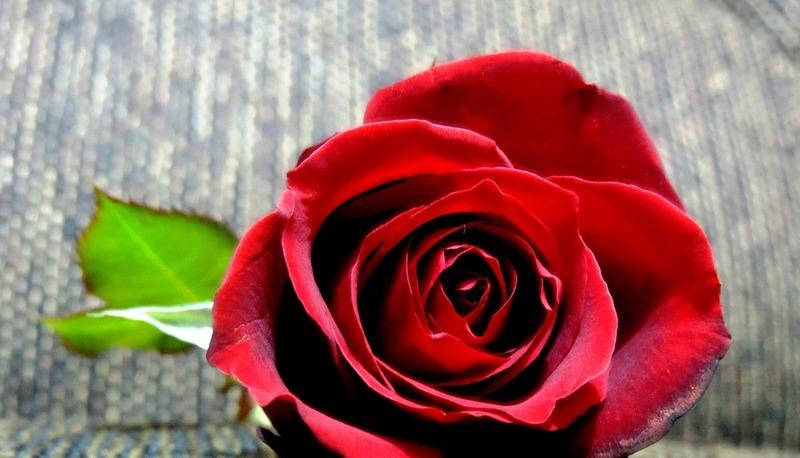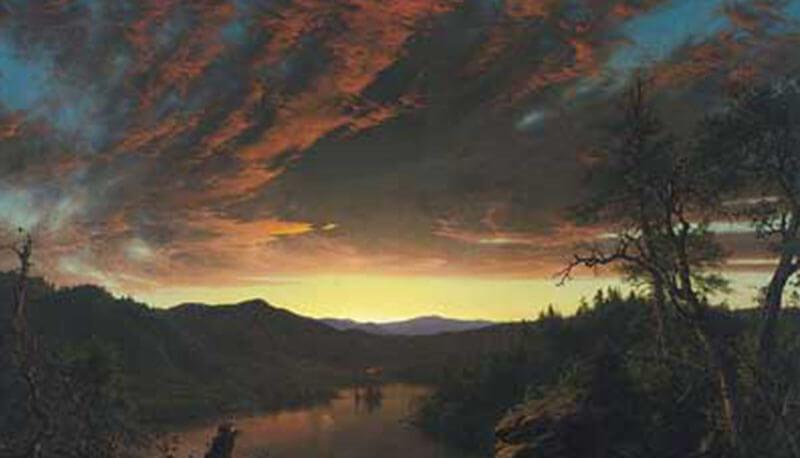Concetti Chiave
- The Romantic period emphasized imagination and emotional experience over reason, exploring subconscious states like dreams and madness.
- Romantics valued individualism and saw humans as solitary beings with unique qualities, contrasting with the social focus of the Augustans.
- Imagination was considered a superior cognitive power, enabling poets to see beyond reality and express emotional depth through poetry.
- The role of the Romantic poet was to mediate between man and nature, challenge societal evils, and promote ideals of beauty and freedom.
- Nature was perceived as a divine expression and a primary inspiration source, influencing the Romantic poets' vision and creativity.
Indice
Emotional exploration in romanticism
The pre romantic poets had already shown an interest more in emotional field than in the reason, which in age of enlightenment was the greatest human capacity. During the Romanticism there was a further use of imagination as an expression to emotional experience not accountable to reason. So the poets explored “subconscious” levels: dreams, madness, hypnosis. For Classical ages (previous) the child was important only concerning with his future transformation into an adult being. To a Romantic a child was purer than an adult because he was uncontaminated by civilisation.

Individualism and rebellion
The Augustans had seen man as a social animal, in the relationship with the society. The Romantics saw him in the solitary state and stressed the individualism: the special qualities of each one. They exalted the atypical and the rebels and all that don’t conform themselves with the civilisation. Rousseau was an exponent belonging to Enlightenment which supported these romantic ideas of individualisation and of corruption and homologation of civilisation. According to Romantics the human behaviour should be primitive, impulsive and should follow his instincts, in contrast with that governed by reason and by customs of society. Penetrating into the pictures mode of a romantic work, remote and unfamiliar landscapes were liked.
English romantics saw poetry as the best literary form to express emotional experience and individual feelings:
- Role of imagination: it allowed the Romantic poets to see beyond surface reality. Imagination is a cognitive power superior to reason.
- Role of poet: is to re-create and modify the external world. His duty was to mediate between man and nature, to delete the evils of society, to give voice to ideals of beauty and freedom.
- Role of nature: the romantic poets also saw Nature as an expression of God in the universe. She became the main source of inspiration and was a living force, a stimulus to think.
Imagination and the poet's role
Nature as divine inspiration

As the verse, there was a return to ancient ballad. The most important Romantic poets can be grouped into two generation. The first, called Lake poets included Wordsworth and Coleridge. They agreed that Wordsworth would write on the beauty of nature with the sim to interest the reader, Coleridge should deal with the supernatural, the mystery. This first generation supported the French Revolution.
The second generation comprehends more poets such as Byron, Shelley and Keats. Their ideal was individualism and escapism meaning their alienation with the society. They experienced political disillusionment which is reflected in their poetry in the clash between ideal and real. With this generation, poetry was no longer concerned with a mirror of reality, but a way to challenge the cosmos, nature, political and social orders.
Domande da interrogazione
- Qual era l'approccio dei poeti romantici verso l'immaginazione e l'individualismo?
- Qual era il ruolo della natura nella poesia romantica?
- Come si differenziavano le due generazioni di poeti romantici?
- Qual era la visione dei poeti romantici riguardo alla poesia e alla società?
I poeti romantici valorizzavano l'immaginazione come un potere cognitivo superiore alla ragione, permettendo di vedere oltre la realtà superficiale. Esaltavano l'individualismo, le qualità speciali di ciascuno, e l'atipico, opponendosi alla conformità della civiltà.
La natura era vista come un'espressione di Dio nell'universo, una forza vivente e una fonte d'ispirazione. I poeti romantici la consideravano un mezzo per stimolare il pensiero e un canale per esprimere ideali di bellezza e libertà.
La prima generazione, i Lake poets come Wordsworth e Coleridge, si concentrava sulla bellezza della natura e il soprannaturale. La seconda generazione, con Byron, Shelley e Keats, enfatizzava l'individualismo e l'escapismo, riflettendo la disillusione politica e il conflitto tra ideale e reale.
I poeti romantici vedevano la poesia come il miglior mezzo per esprimere esperienze emotive e sentimenti individuali. Credevano che il poeta dovesse mediare tra l'uomo e la natura, sfidando l'ordine politico e sociale e cancellando i mali della società.







 Accedi a tutti gli appunti
Accedi a tutti gli appunti
 Tutor AI: studia meglio e in meno tempo
Tutor AI: studia meglio e in meno tempo